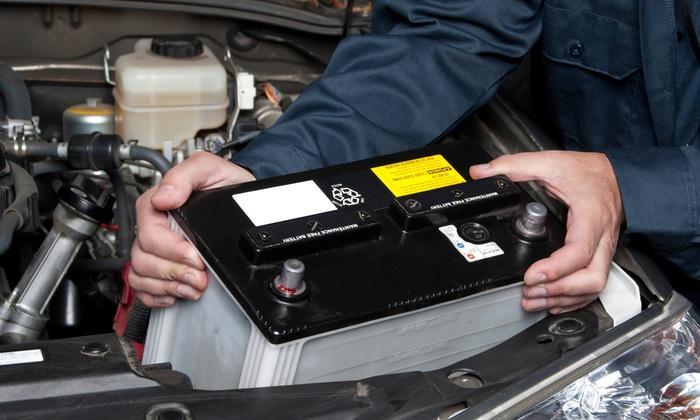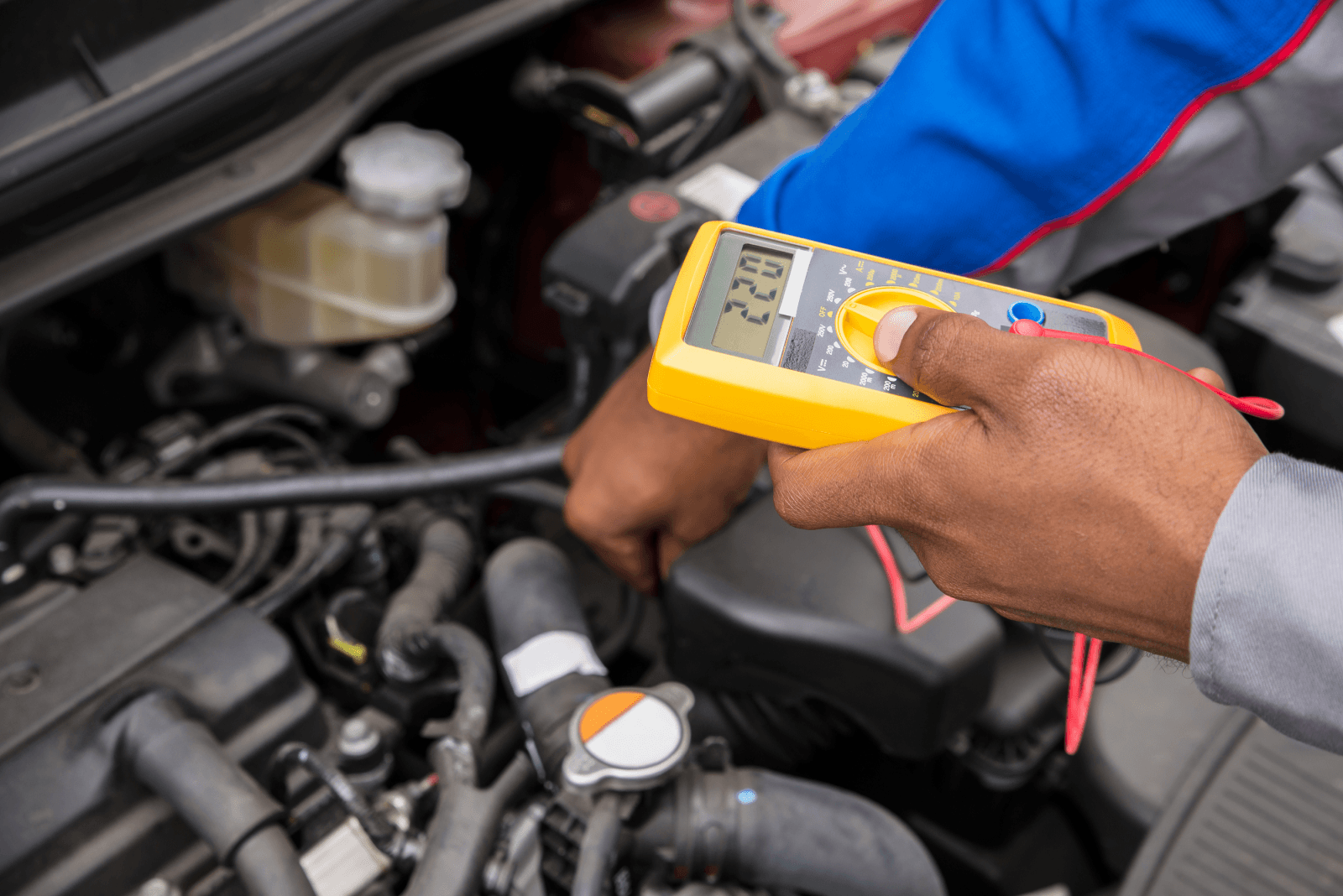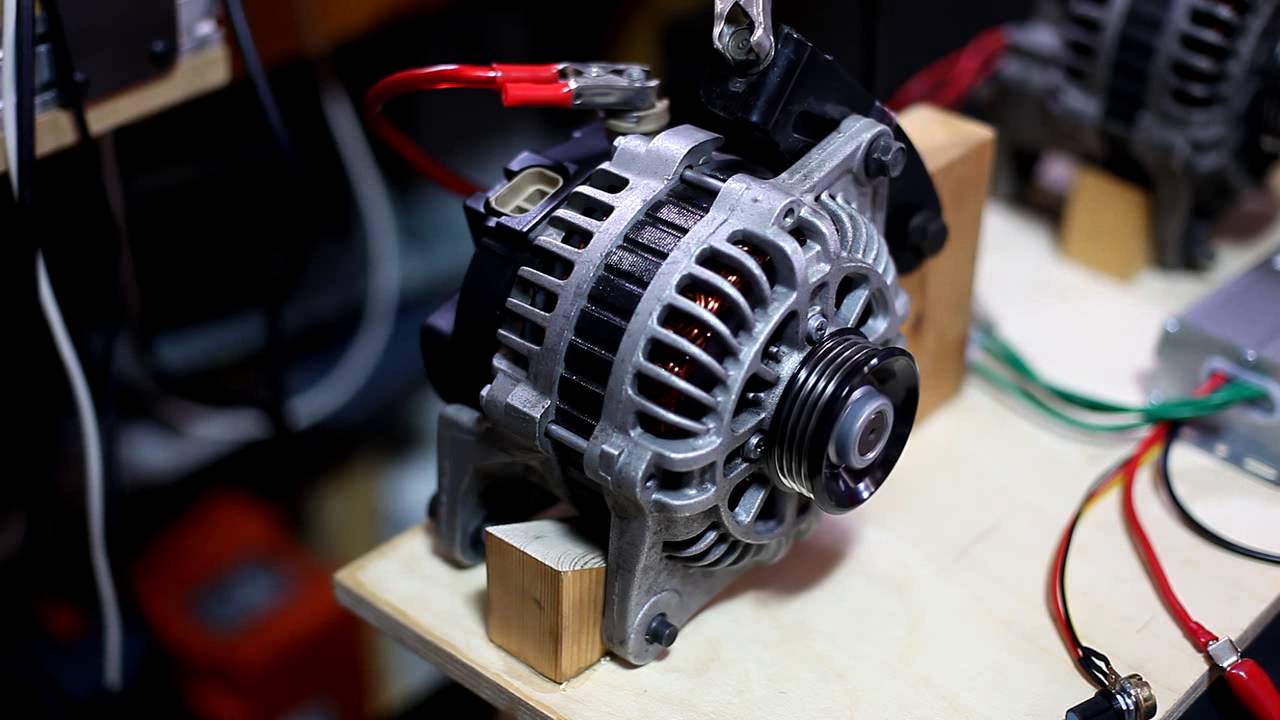You turn the ignition key and the car does not start. You may try again thinking that you have done it wrong. No, nothing happens. The engine just acts like a dead snake. The pin-drop silence sends chills down your spine. You have start panicking thinking of the possible expensive repairs. Relax! It could only be battery or alternator and none of these is going to cost you a fortune.
Contents
Battery or Alternator: How to Find the Culprit?
Having an idea of whether the battery or alternator is the source of the problem will save your money, time, and headaches. You may think it to be a battery issue and change it without running any tests, but a damaged alternator can destroy a healthy battery.
>> If you think the starter is malfunctioning, learn these symptoms of a bad starter <<
Here are a few tips to determine the whether the battery or alternator causes the problem:
1. Checking the Battery
A battery lasts shorter than an alternator. When the car does not start, it is likely to be a dead battery in most cases. Following these steps will help you to check if it is working or not.

>> Looking for a high-quality used car from Japan, click here <<
Scan the Terminals – Corroded terminals could be the reason for the battery not getting enough power. You have to clean them if there is rust or corrosion. Remove the clamp from the black (negative) and red (positive) terminals, respectively. Use a good-quality battery cleaner and a wire brush to scrub the dirt and rust.
Go over the Wiring – The wires that go into the terminal clamps could be corroded, damaged, or frayed. You will need to trim and strip them before re-attaching to the clamps.
Examine the Voltage – You will need a multimeter to do this testing. Attach one lead of the device to the negative and another to the positive terminal. If the reading shows less than 12.6 volts, you have a weak car battery that needs replacement. Again, a poor battery is the culprit if you get the same reading while trying to start the engine with the multimeter connected to the terminals.
Try to use one of the best auto battery units when replacing the current one. Otherwise, these issues will persist and you have to look again for a replacement very soon.
SEE MORE
- Recondition a Car Battery with These 5 Easy Steps
- Car Engine Won’t Turn off? Learn How to Shut It Down
2. Checking the Alternator
The second step to find whether it’s the battery or alternator is to check the latter. It supplies charge to the battery when the engine is running. To find out whether this device is in fault:

Inspect the Power Belt and Wiring – The power belt should be up and running when the engine is on and the wiring between the alternator and the battery should not be loose, damaged, or corroded.
Do a Multimeter Test – Turn on the ignition key and switch on all the accessories such as the AC, windshield wipers, and stereo. The multimeter should read between 13 to 15 volts after connecting its leads to the terminals. Also, the reading should be around 12.9 volts after powering down the car.
The Headlight Test – Turn on the ignition and switch on the headlights. Then, power on all the accessories and observe if the headlights show any sign of dimming. The alternator is bad if the lights keep losing brightness.
Watch the video below to see more in detail:
Are you interested in our article? If you have any question, feel free to leave us a comment below. Keep reading on us to get more knowledge about car updated everyday.



